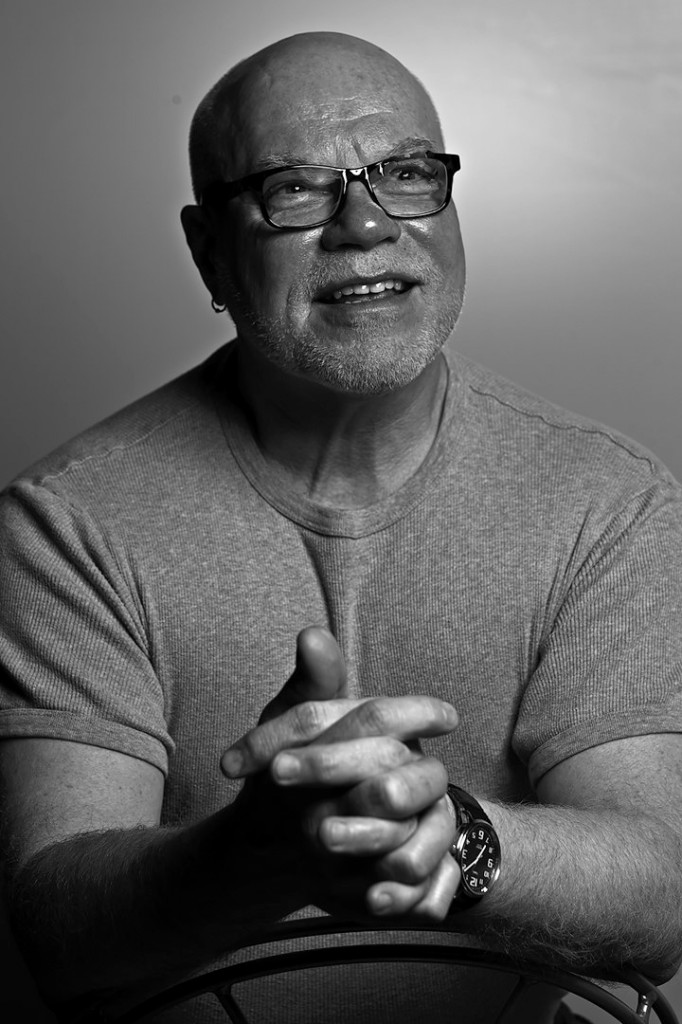I did a little follow-up interview with the wonderful people at Life Matters Media.
November 16, 2012
Beyond “The Sessions”: Intimacy at end of life
Dr. Richard Wagner
Dr. Richard Wagner, a Seattle based clinical sexologist, spoke with Life Matters Media this week about the many positive effects physical intimacy may have on the terminally ill. As the critically acclaimed film The Sessions has brought this topic to the forefront, it has left in its wake many issues in which to delve deeper. Wagner, a former Roman Catholic priest, is the author of “The Amateur’s Guide to Death and Dying: Enhancing the End of Life.” He has practiced sex therapy and relationship counseling for more than three decades.
You have a degree in theology from the Jesuit School at Berkeley, and you’re a former priest. How did you get involved with end of life and intimacy?
I was a Catholic priest for 20 years. While that wasn’t a particularly happy association, I’m the only Catholic priest in the world with a doctorate in clinical sexology. I wrote my doctoral thesis on the sexual attitudes and behaviors of gay priests in the active ministry in 1981. That was long before the Church was willing to acknowledge there was even such a thing as a gay priest. The fallout from this research blew my ministry out of the water.
In 1981, the same year I finished my doctorate, a remarkable thing was happening to gay men in San Francisco and elsewhere. They were dying of some mysterious disease. Some speculated that this was God’s retribution for the gay lifestyle. How quickly we leap to that conclusion when we are ashamed and frightened. Most of my friends died in the first wave, between 1981-85. None of us knew what to do. My friends looked to me for guidance, since I had a background in psychotherapy and religion. But, to tell you the truth, I was just as lost as anyone.
I found myself sitting with all these men as they were dying. It was ghastly. But sitting with death was precisely what I needed to do. It helped me to desensitize death and prepared me for what was to come. I realized early on that dying in America is often a very lonely and very passive affair.
I wrote “The Amateur’s Guide” because of the work I was doing with sick, elder and dying people – not just AIDS patients. I saw this pattern develop; the end of life is more difficult than it needed to be. In response I founded Paradigm, a nonprofit organization with an outreach to enhance life near death for sick, elder, and dying people. It provided an opportunity for participants to discuss end of life concerns and get the support they needed to fully live the end of their life. The program was so successful; I decided to put the program in book form.
Let’s talk about intimacy and end of life care.
Just because someone is dying doesn’t mean that they have stopped being human. One of the things that humans need in their life is intimacy. And sometimes that intimacy involves genital sexuality. But this concern is hardly ever talked about in terms of the end of life, nor is it included in disease-based discussions. I mean, when is the last time you heard someone talk about the sexual concerns of people with cancer or heart disease? Our culture is uncomfortable with the concept of sick, elder, and dying people having such desires. But if you listen to these folks they’ll tell you what they need and ho difficult it is to live without.
Could sexual intimacy be considered a form of palliative care?
I would think, yes. If you’ve had an active intimate/sex life up until the point you were diagnosed and then all that suddenly disappears, there will be problems. I’m not just talking about genital sexuality; I’m talking about all intimacy needs we humans have — being present to, touching, as well as pleasure. It’s all about what is possible, on a personal level, with one’s intimate partner(s). So many people, even people who love sick, elder, and dying people don’t know how to touch them. And sick, elder, and dying people often report that the only touch they receive is very clinical touch. And that’s not all the life affirming, if you ask me.
Complete Article HERE!
